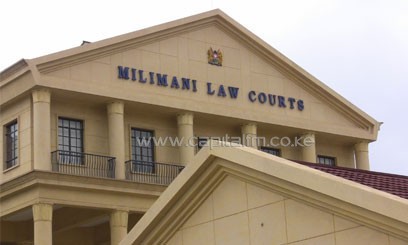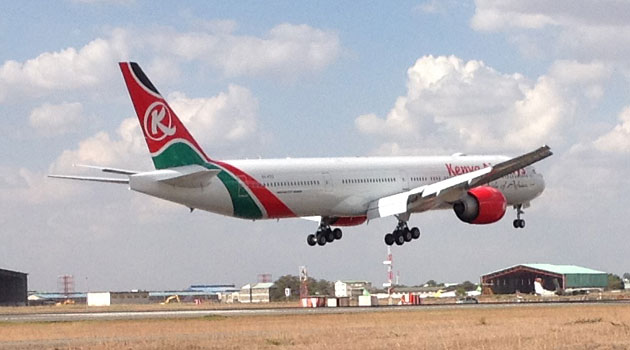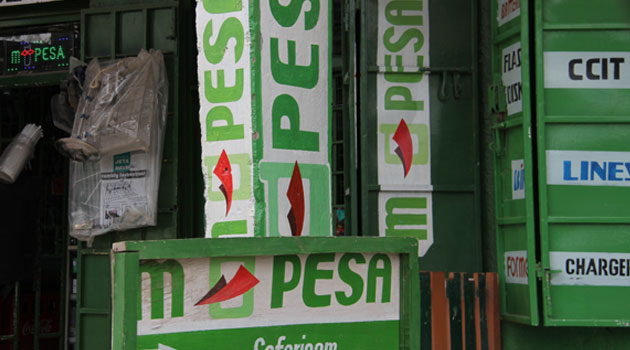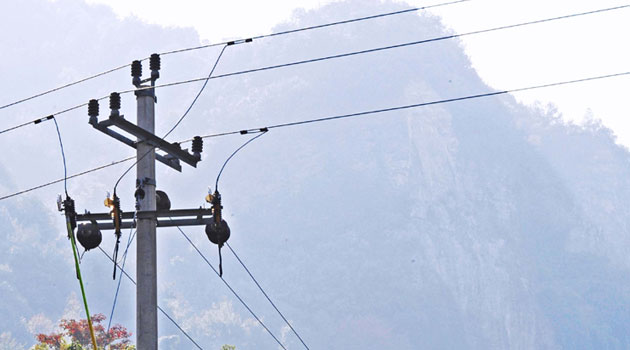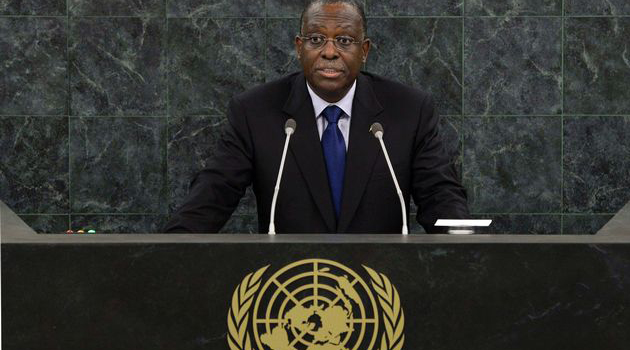Relations between Lisbon and Luanda have been strained since November 2012, when leaks began appearing in the Portuguese press about an investigation into alleged money-laundering and tax fraud by top politicians in the southern African nation.
Targets reportedly include Vice President Manuel Vicente.
Angolan Foreign Minister Georges Chikoti has gone so far as to say Portugal is no longer a priority nation for bilateral trade, citing possible partnerships with South Africa, China and Brazil instead.
Just over a decade after the end of a 27-year civil war which destroyed its economy, killed an estimated half-million people and littered its countryside with landmines, Angola has seen its fortunes rapidly reverse with economic growth figures soaring past those of recession-hit Portugal.
Business links between the two are strongly in Angola’s favour. This year, for the first time ever, Angola’s oil exports have surpassed the value of the food and goods it imported.
‘The colonised is becoming the coloniser’
Twice the size of Texas and dripping in oil and diamond wealth, Angola has averaged 10-percent growth a year over the past decade.
Portugal for its part received a 78-billion-euro EU-IMF bailout in May 2011, a programme it is due to complete next year. The country has been hit by strikes organised by government workers to protest cuts in pay, and growth has been slow to return to pre-crisis levels.
Angolan investors are now an inescapable feature of the economic landscape in Portugal, with stakes in banks, energy, telecoms, real estate and media.
They have snapped up houses in Cascais, an affluent southern coastal town near Lisbon, bought up vineyards and pay regular visits to luxury boutiques in the capital.
Angolan magnate Antonio Mosquito recently took control of ailing Portuguese construction firm Soares da Costa, bringing it back from the brink of bankruptcy.
And Isabel dos Santos, the eldest daughter of Angola’s president and the first female billionaire in Africa, oversaw the merger in August of cable television operator Zon Multimedia and mobile phone firm Optimus to create Portugal’s second-largest telecoms company.
“The colonised is becoming the coloniser,” wrote journalist Celso Filipe in his book “Angolan Power in Portugal”, in which he contrasts the “financial fragility” of Portugal with Angola’s “opulence”.
Once cosy relationship cools
A Portuguese colony since the 19th century, Angola gained independence in 1975 after a bitter war involving three different nationalist groups.
The group which came out on top, the People’s Movement for the Liberation of Angola (MPLA), has been in power since independence but fought a brutal civil war against its rivals which ended in 2002.
President Jose Eduardo Dos Santos has been in power for 34 years with an iron grip over the country.
In Portugal, the “reverse colonisation” has been badly received by some who consider an Angolan “bailout” shameful.
In a further sign of a cooling in the formerly cosy relationship with Portugal, Angola on Tuesday postponed the first-ever bilateral summit in Luanda, which was due to take place next February.
“A break in relations would be punishing for both economies, but more for Portugal, because Angola is investing in its businesses and taking care of its financial sector,” Pedro Lino, an analyst at Forex trading broker Dif Broker, told AFP.
Portugal has not been shy about trying to woo Angola back.
It has welcomed Angolan funds with open arms, and perhaps less scrutiny than might be expected for a nation that ranks 157th of 176 countries in a corruption analysis by watchdog group Transparency International — and where, despite the oil boom, two-thirds of the population still live on less than $2 a day.
Paulo Morais, lecturer at Universidade Lusofona in Porto, northern Portugal, described the “permanent submission” of Portuguese politicians to the Angolan regime as “pathetic”.
Not everyone is worried by the potentially disastrous consequences if prominent Angolan investors withdraw from Portugal.
“A fair number of European countries are betting on a deterioration between Lisbon and Luanda so they can get their claws into Angola,” Lino said.

